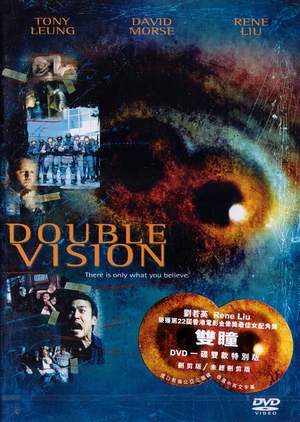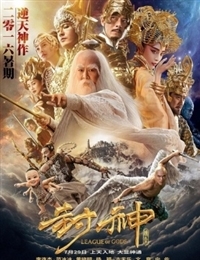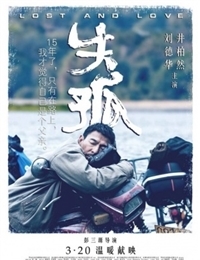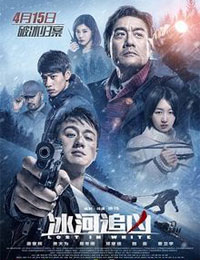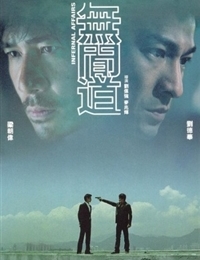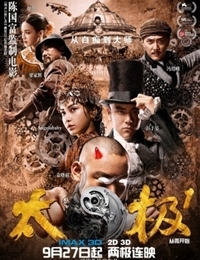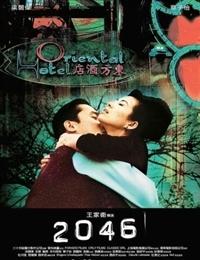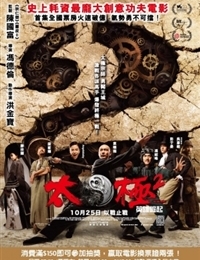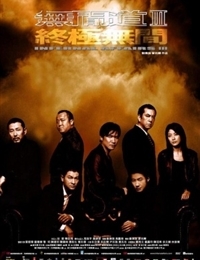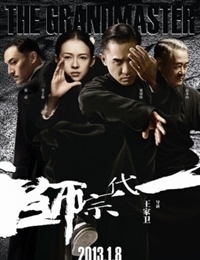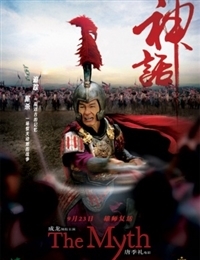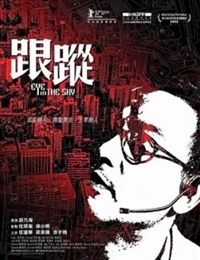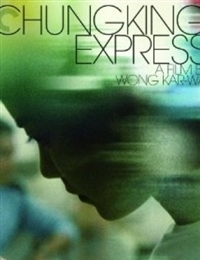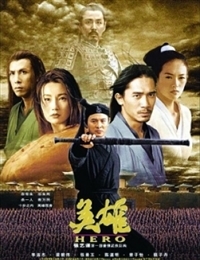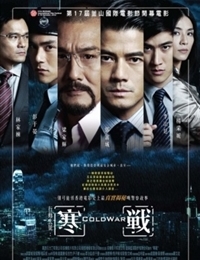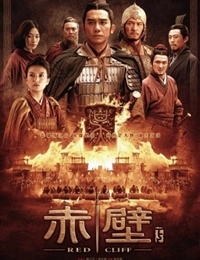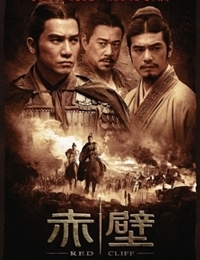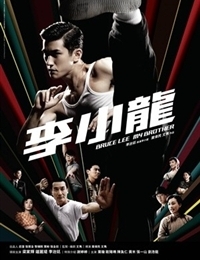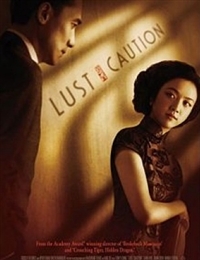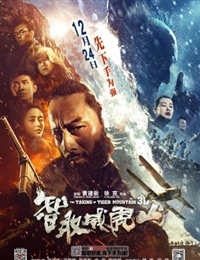Watch New Drama by Leung Tony Online Free
 Just updated
Just updated
 Popular drama
Popular drama
Hot on KissAsian:
Hot actor on KissAsian:
Hot on KissAnime:
Name: Leung Tony
Native name: 梁朝偉
Also Known as: Leung Chiu Wai; Little Tony
Nationality: Hong Konger
Gender: Male
Born: June 27, 1962
Tony Leung Chiu-Wai is a Hong Kong film actor and former TVB actor. A major film star since the 1990s, Leung has won the Hong Kong Film Awards five times and the Golden Horse Best Actor awards thrice (in 1994, 2003 and 2007). Leung also won the Cannes Film Festival Best Actor award for his role in Wong Kar-wai's 2000 film In the Mood for Love.
After quitting his studies, Leung worked in a variety of jobs, first as a grocer's runner at his uncle's shop, then a showroom salesman in a Hong Kong shopping centre. He met actor and comedian Stephen Chow who influenced his decision to become an actor and remains a good friend.
In 1982 he passed the training courses of television channel TVB. Due to his boyish looks, TVB cast him as host of a children's programme, 430 Space Shuttle. Leung enjoyed comedies during his television years; it was for these he became well known. So, in the 1980s, he was named as one of "TVB's Five Tigers" (their five up-and-coming male TV stars) along with Andy Lau, Felix Wong , Michael Miu and Kent Tong. Leung starred in the highly successful Police Cadet TV serial in 1984 (later named Police Cadet 84 to distinguish it from subsequent sequels). He played an outgoing young man who decides to become a police officer; Maggie Cheung, who also started her career at the same time, played a shy bookworm, Leung's upstairs neighbour and love interest. Since then they have worked together on The Yang's Saga (1985), Days of Being Wild (1991), Ashes of Time (1994), In the Mood for Love (2000), Hero (2002), and 2046 (2005). Interviewed by Wong Kar Wai, Leung said that he considered Maggie to be his alter ego. "Maggie is a truly formidable partner - one to waltz with. We do not spend a lot of time with each other, as we like to keep some mystery between us. Whenever I see her, I discover something new about her".
Many consider Leung's role in director John Woo's 1992 action film Hard Boiled in which he co-starred with Chow Yun-fat, as his breakthrough role in film. However, Leung first gained international exposure through Hou Hsiao-Hsien's 1989 film A City of Sadness, which won the Venice Golden Lion.
Leung often collaborates with director Wong Kar-wai and has appeared in many of his films. His most notable roles in Wong Kar-wai's films include the lonely policeman in Chungking Express (1994), a gay Chinese expatriate living in Argentina in Happy Together (1997), and a self-controlled victim of adultery in In the Mood for Love (2000), for which he won the Best Actor award at Cannes.
He is considered by many to be the finest actor of his generation in Hong Kong. Robert De Niro is an admirer of his work, and Leung has been called Asia's answer to Clark Gable.
Leung also has an on-and-off Cantopop and Mandarin pop singing career and sang the theme song of Infernal Affairs with Andy Lau.
Leung speaks flawless English and is well read and well versed on historical issues. During the late 1990s, some predicted that it would be difficult for him to break into Hollywood since he would not take on degrading roles because of his pride and character. To date, he has not done a Hollywood film, but is primed to appear in one after signing on with an American film agent.
In addition to Cantonese, English, and Spanish, Leung is also able to speak Mandarin (accented) and some Japanese (as heard in Tokyo Raiders). Lust Caution is the first film where he has a Mandarin-speaking role in which he used his own voice. (The first one was actually Hero, but his voice was dubbed over by someone else.)
During the promotion of the film Hero, some politicians and commentators in Hong Kong attacked Leung for expressing the view that the Tiananmen Square demonstration crackdown was necessary to maintain stability. Under constant political pressure and boycott threats, Leung made a single statement that he may have been quoted out of context but refused to retract his statement in the magazine. However, the movie magazine editor maintained that the original statement was not out of context and challenged people to read the complete interview.
(Wikipedia)
From 2012 - 2024 KissAsian - Free asian movies online. Copyrights and trademarks for the asia drama, and other promotional materials are held by their respective owners and their use is allowed under the fair use clause of the Copyright Law.
Sitemap | kiss asian | DMCA | kiss asian | asian drama | hong kong drama | korea movies | thailand drama
 Please
Please 